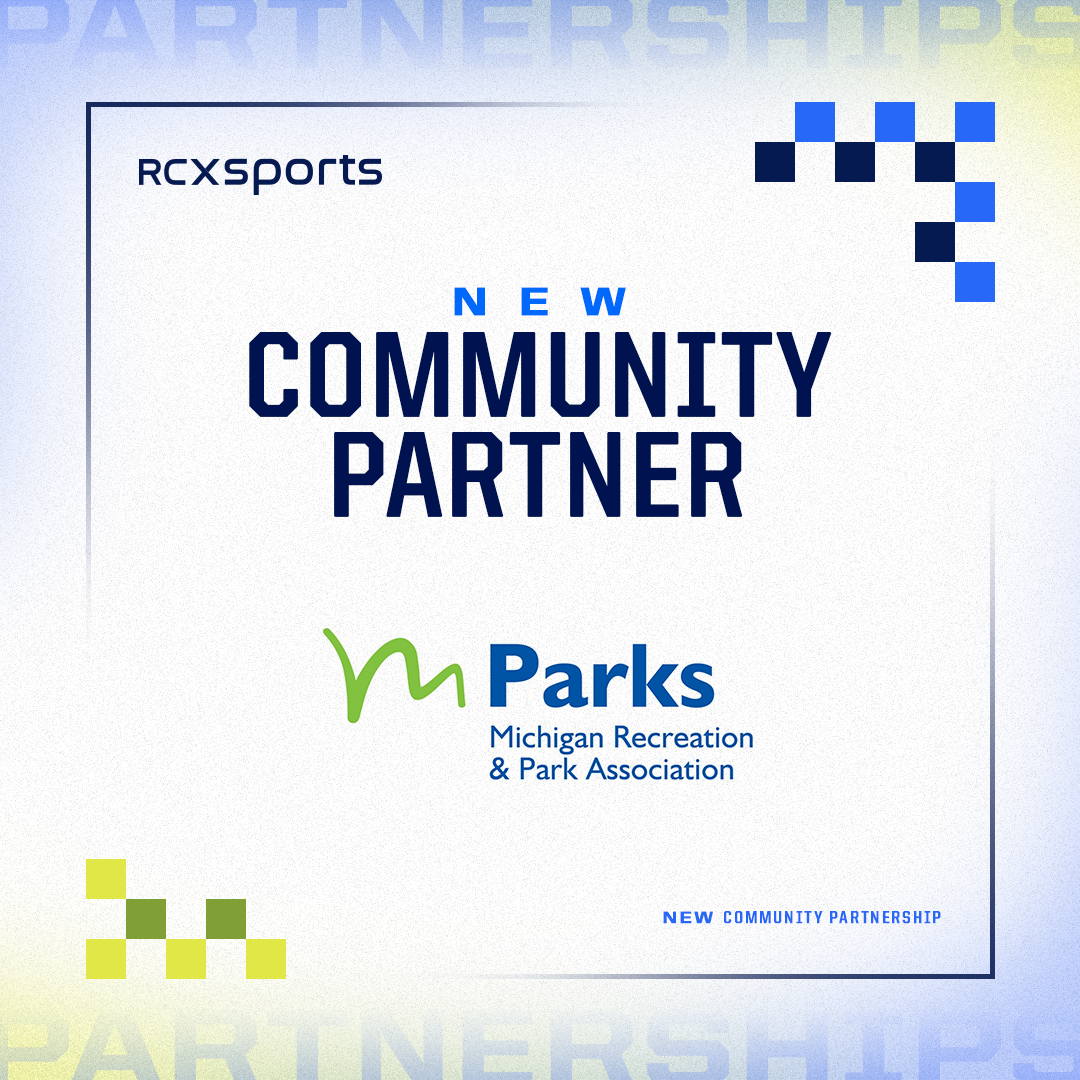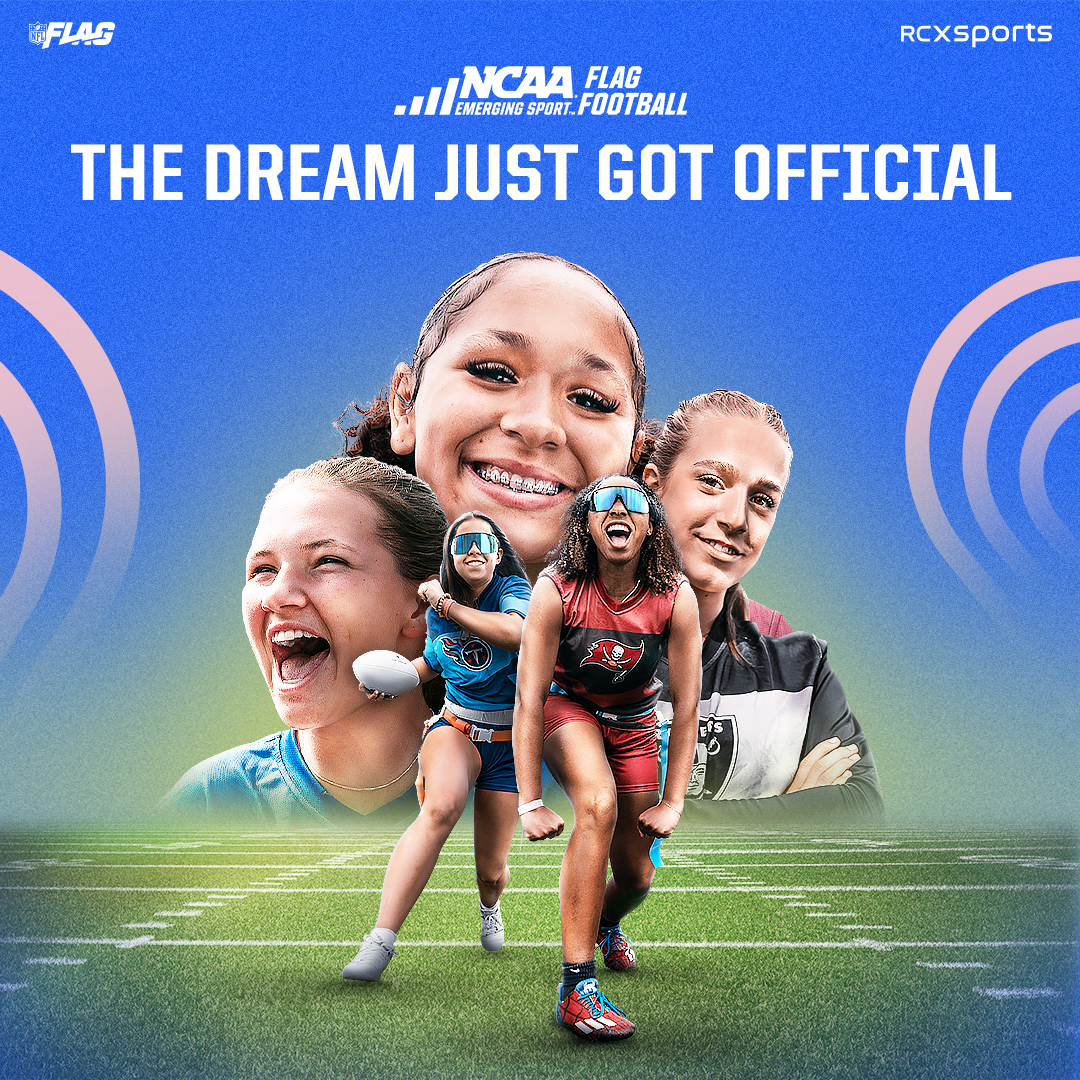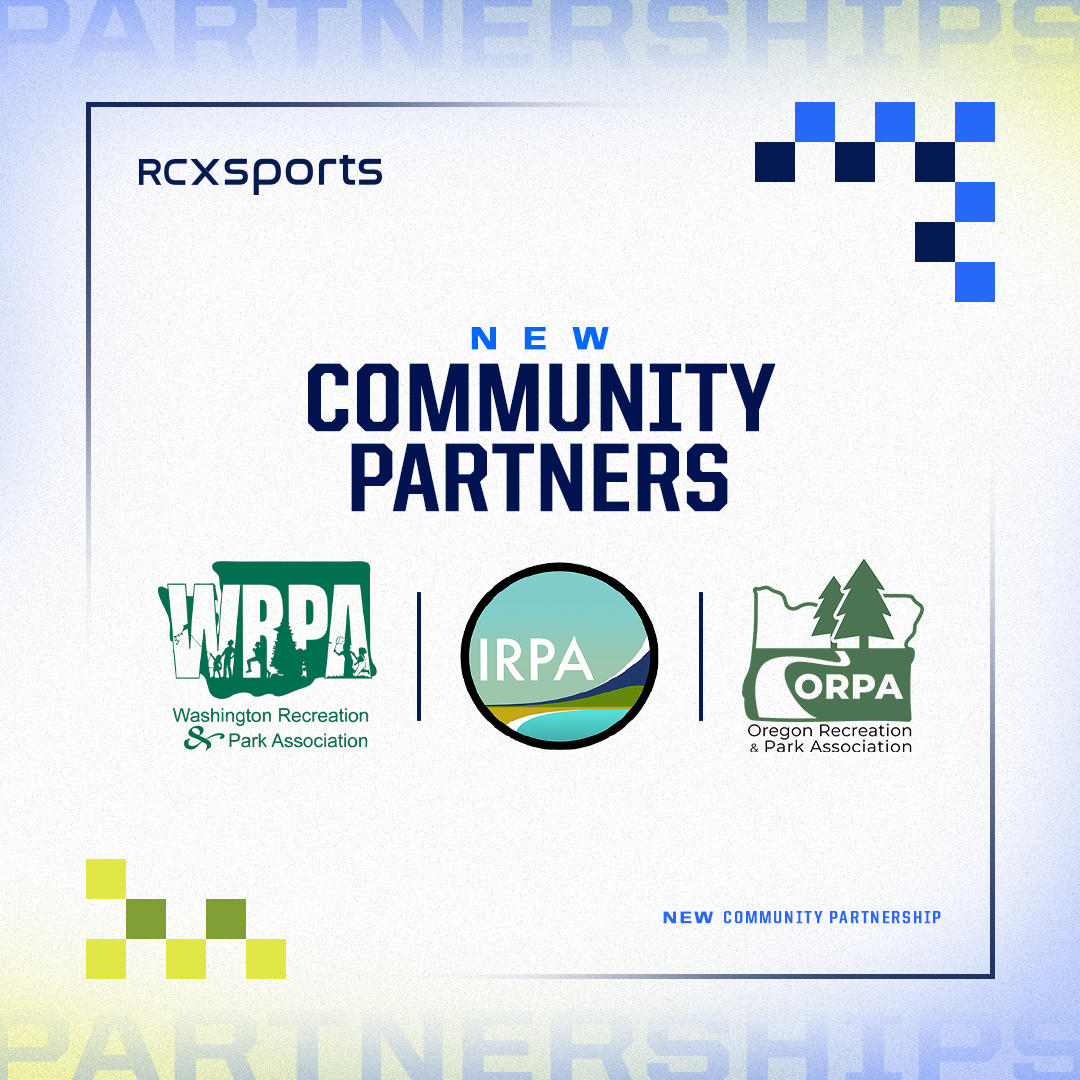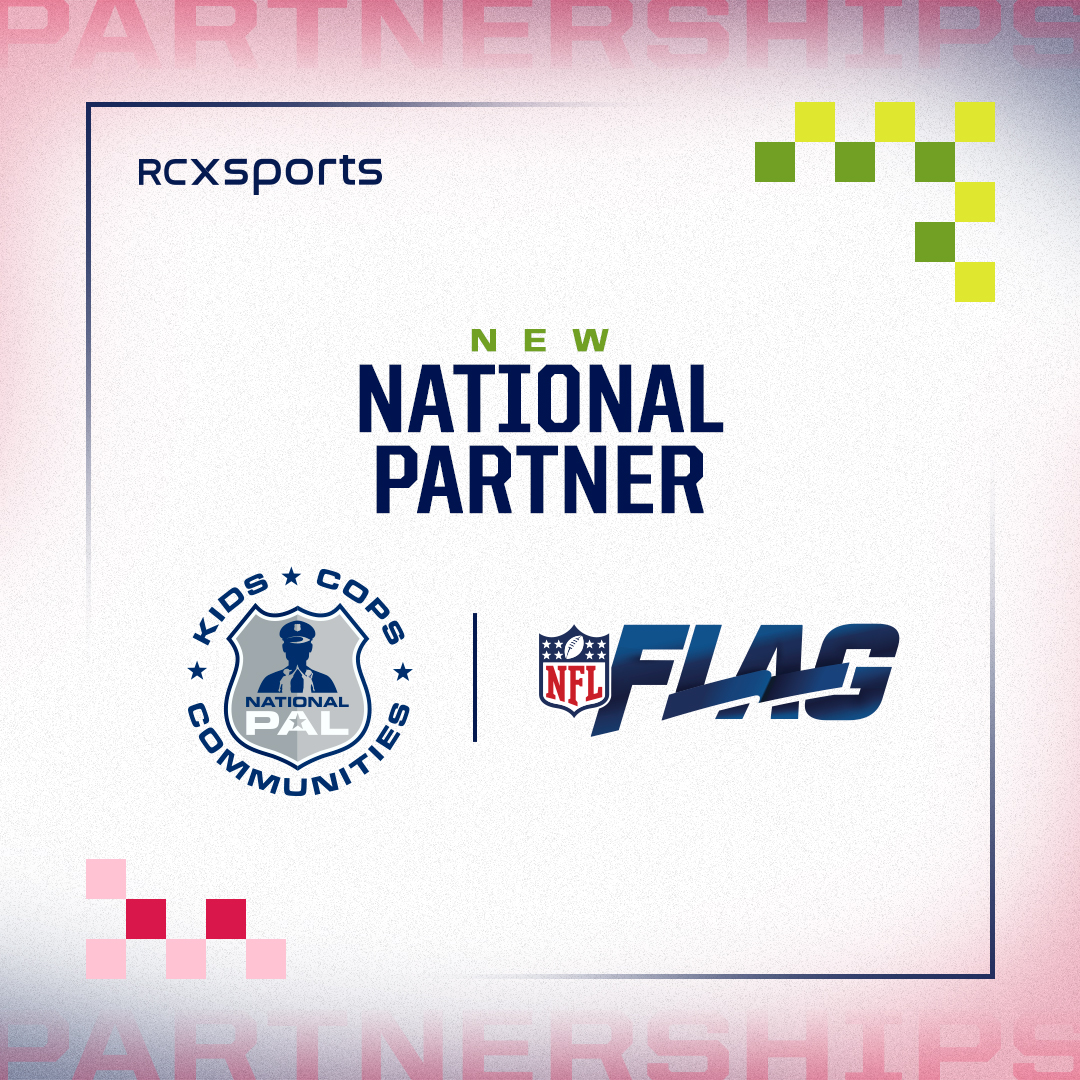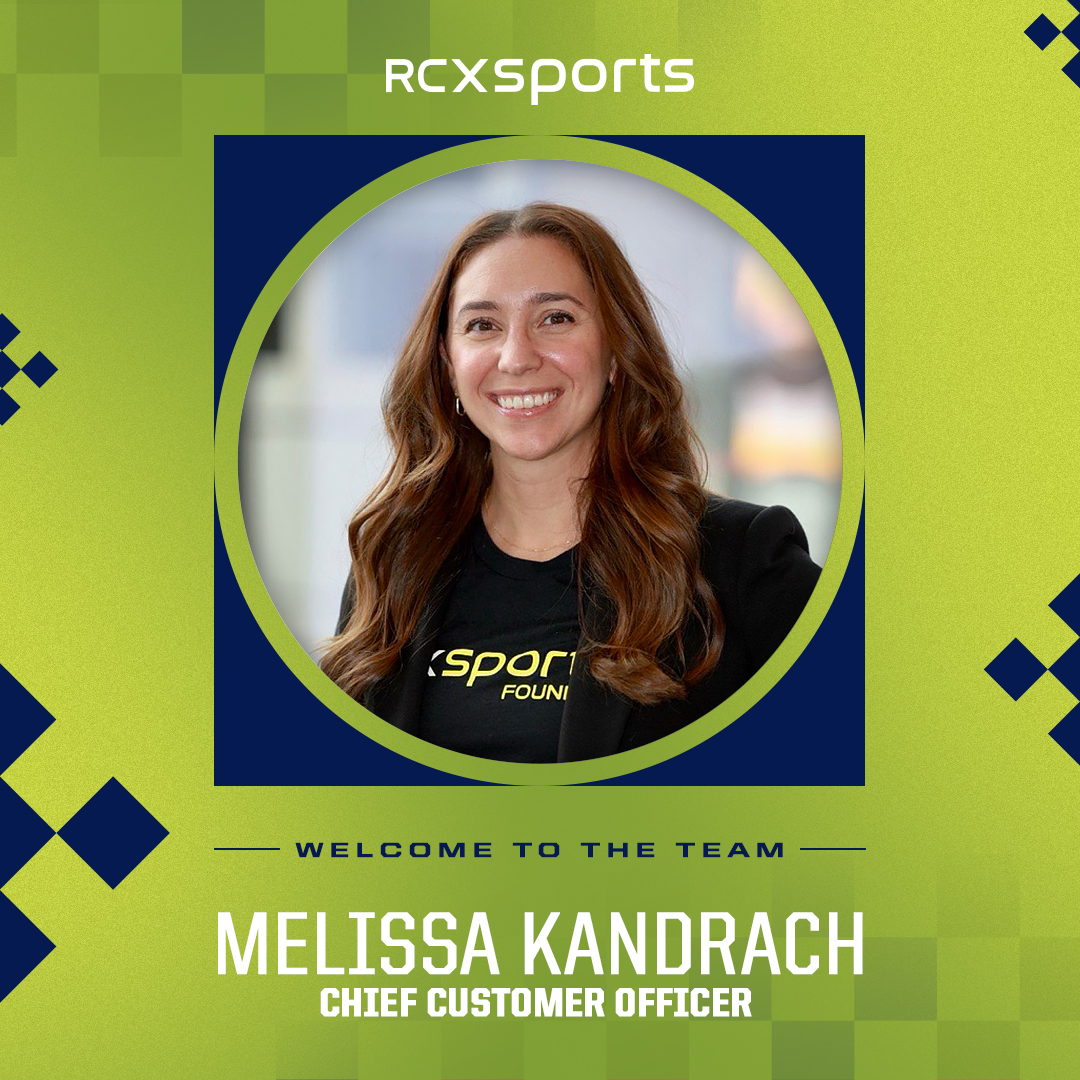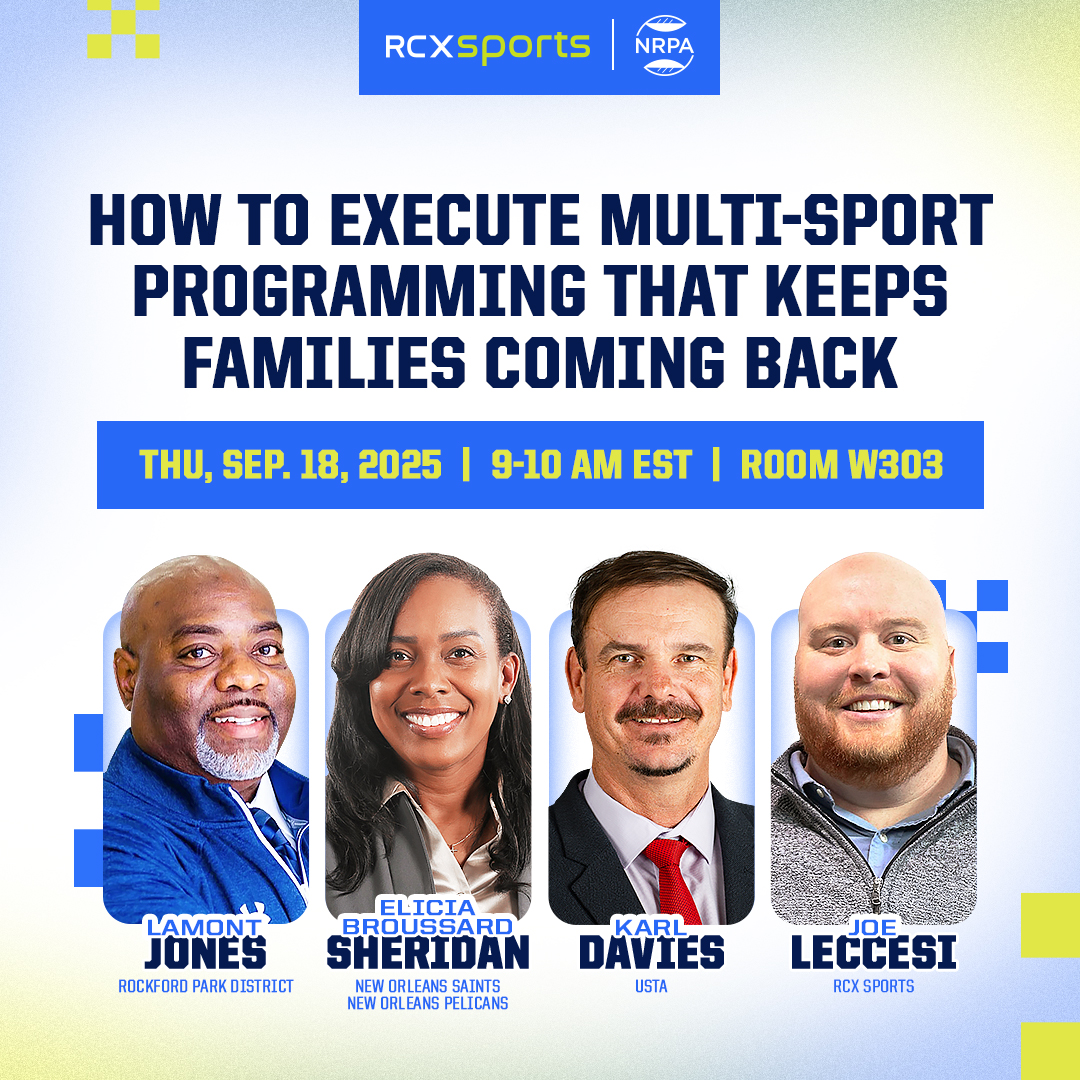A Recap of the NRPA Annual Conference Panel
At this year’s National Recreation and Park Association (NRPA) Annual Conference, RCX Sports’ CEO, Izell Reese, joined a panel of thought leaders to discuss a topic central to the future of youth sports: Getting Girls in the Game.
The panel, moderated by NFL Analyst and Global Flag Football Ambassador Phoebe Schecter, provided a powerful exploration of how organizations can break down barriers to get more girls involved in sports and ensure their participation is fun, inclusive, and sustainable.
The panelists—Karissa Niehoff, Executive Director of the National Federation of State High School Associations (NFHS); Amanda Dinkel, Senior Director of Community Relations for the Atlanta Falcons; Natalie Norman, Executive Director of the Alabama Recreation and Parks Association; and Izell Reese—offered practical advice and inspiring stories about the challenges and opportunities facing girls in sports today.
Panelist Highlights
Karissa Niehoff: The Power of Data and the Path Forward
Karissa Niehoff from NFHS highlighted key trends in girls’ sports, noting a disparity in participation under age 13.
“Girls need to see women coaching and playing. They need to hear a woman tell them, ‘I think you can do this.’”
Karissa Niehoff
Karissa Niehoff shared a compelling overview of the current state of girls’ sports participation. Representing NFHS, which serves just under 20,000 high schools and nearly 8 million student-athletes across the U.S., she highlighted a key trend: excluding tackle football, there is nearly a 50/50 split between boys and girls in high school sports participation. However, for girls under the age of 13, that number drops to 34%.
She explained that by the age of 13, the number of girls involved in sports rises, while the number of boys decreases—a clear indication that girls want to play but face more barriers early on.
“We know why,” Karissa explained. “Kids want to have fun.” But for many girls, that fun is elusive due to obstacles like accessibility, a lack of female coaches and role models, and socioeconomic disparities.
Karissa stressed the importance of tackling these issues through an equity lens. “Who has access, and who doesn’t?” she asked. She advocated for better coach certification programs, educating parents, and increasing gender representation among coaches and officials. “Girls need to see women coaching and playing,” she said. “They need to hear a woman tell them, ‘I think you can do this.’”
She also emphasized the role sports can play in supporting mental health, especially in today’s youth. “We need to dig down to the NRPA and youth levels,” Karissa urged, “and guide these kids through high school.”
Amanda Dinkel: Building a Pipeline from the Ground Up
Amanda Dinkel shared how the Atlanta Falcons pioneered girls’ flag football in Georgia, growing from 19 high schools to over 50 in just one year.
“Sometimes it’s hard to understand what this is like for girls without seeing it.”
Amanda Dinkel
Amanda Dinkel’s role with the Atlanta Falcons gave her unique insights into launching girls’ flag football in Georgia. She shared how the Falcons began their journey in 2017 by asking the Georgia High School Association if girls wanted to play. The response was overwhelming—hundreds of girls from every school attended the interest meetings.
What began with 19 high schools grew to 52 in just one year, and by 2020, girls’ flag football was officially sanctioned as a state championship sport. Amanda explained how the Falcons supported schools financially and eliminated barriers, allowing teams to form more easily. Today, 13 states have sanctioned girls’ flag football, and the Falcons are expanding their initiatives to states without NFL teams, like Alabama and Montana.
Amanda stressed that it wasn’t just about creating opportunities for girls to play—it was about showing them what’s possible. “Sometimes it’s hard to understand what this is like for girls without seeing it,” she said, adding that the Falcons even dedicated a wall in their stadium to girls’ flag football to spotlight their growing presence in the sport.
Izell Reese: A Vision for the Future
Izell Reese, CEO of RCX Sports, discussed the growth of girls’ flag football and the Females in Flag initiative.
“These girls want to play. They have a path, they have a dream.”
izell reese
Izell Reese, CEO of RCX Sports, shared impressive data showing the rapid growth of girls’ flag football, with a 105% increase in high school participation over the past year. A driving force behind the Females in Flag initiative, Izell outlined a vision to see flag football for girls at every level of competition, from youth leagues to college.
Izell announced that RCX Sports has been asked to submit an application to make women’s flag football an official NCAA championship sport, following Alabama State’s groundbreaking move to become the first NCAA Division I school to offer the sport. “These girls want to play,” he said. “They have a path, they have a dream.”
For Izell, the future is bright, with girls’ flag football offering a fun and competitive outlet that helps keep girls engaged in sports while building their skills.
Natalie Norman: Making Sports Accessible and Innovative
Natalie Norman emphasized the importance of varied programming to keep youth engaged in sports, from NFL FLAG to MLB Pitch, Hit & Run.
“Mixing it up with camps and clinics keeps it fun.”
Natalie Norman
Natalie Norman, Executive Director of Alabama Recreation and Parks Association, shared her approach to making youth sports accessible and inclusive through her work with RCX Sports programs, including NFL FLAG, NHL STREET, MLS GO, and MLB Pitch, Hit & Run. She emphasized the importance of keeping programming innovative to keep families and kids engaged. “Mixing it up with camps and clinics keeps it fun,” she explained.
One key program, MLB Pitch, Hit & Run, offers a one-day event that is free. Natalie shared the story of an 8-year-old participant who advanced all the way to the World Series Finals, highlighting how diverse and engaging offerings can inspire kids.
She also noted how they’ve seen tremendous growth in NFL FLAG. “We started with 10 all-girls NFL FLAG teams in our rec program, and now we have 38,” she said. Offering girls-only divisions helped boost confidence and increase participation in the sport.
Natalie also highlighted the importance of avoiding overlapping sports seasons so kids aren’t forced to choose between activities, thus promoting multisport participation. “At this age, it’s about skills development and avoiding overuse injuries,” she noted.
Empowering volunteer coaches through proper training, particularly in injury prevention, is another focus. “We’ve gotten no pushback,” she said. “The more the coach knows, the better the experience for the youth athlete.”
Natalie urged the importance of listening to the community through surveys and partnering with local high schools and other like-minded organizations to create a strong pipeline for young athletes. “We all want to enhance these kids’ quality of life, making them healthier mentally and physically,” she emphasized.
Key Takeaways from the Panel
Here are some actionable steps from the panelists on how to get more girls involved in sports:
- Increase Female Representation: Hire and train more female coaches to inspire young girls.
- Break Down Financial Barriers: Provide funding and resources to make sports accessible.
- Build Community Partnerships: Work with local organizations to create inclusive sports programs.
- Focus on Fun: Ensure that programs emphasize enjoyment to maintain engagement.
Moving Forward: Get Girls in the Game
Getting girls in the game is about more than just opportunities—it’s about building lasting pathways that support girls’ long-term involvement in sports.
Ready to make a difference? Start by offering multisport opportunities for girls in your community with RCX Sports. Let’s build an inclusive future for girls in sports together!
